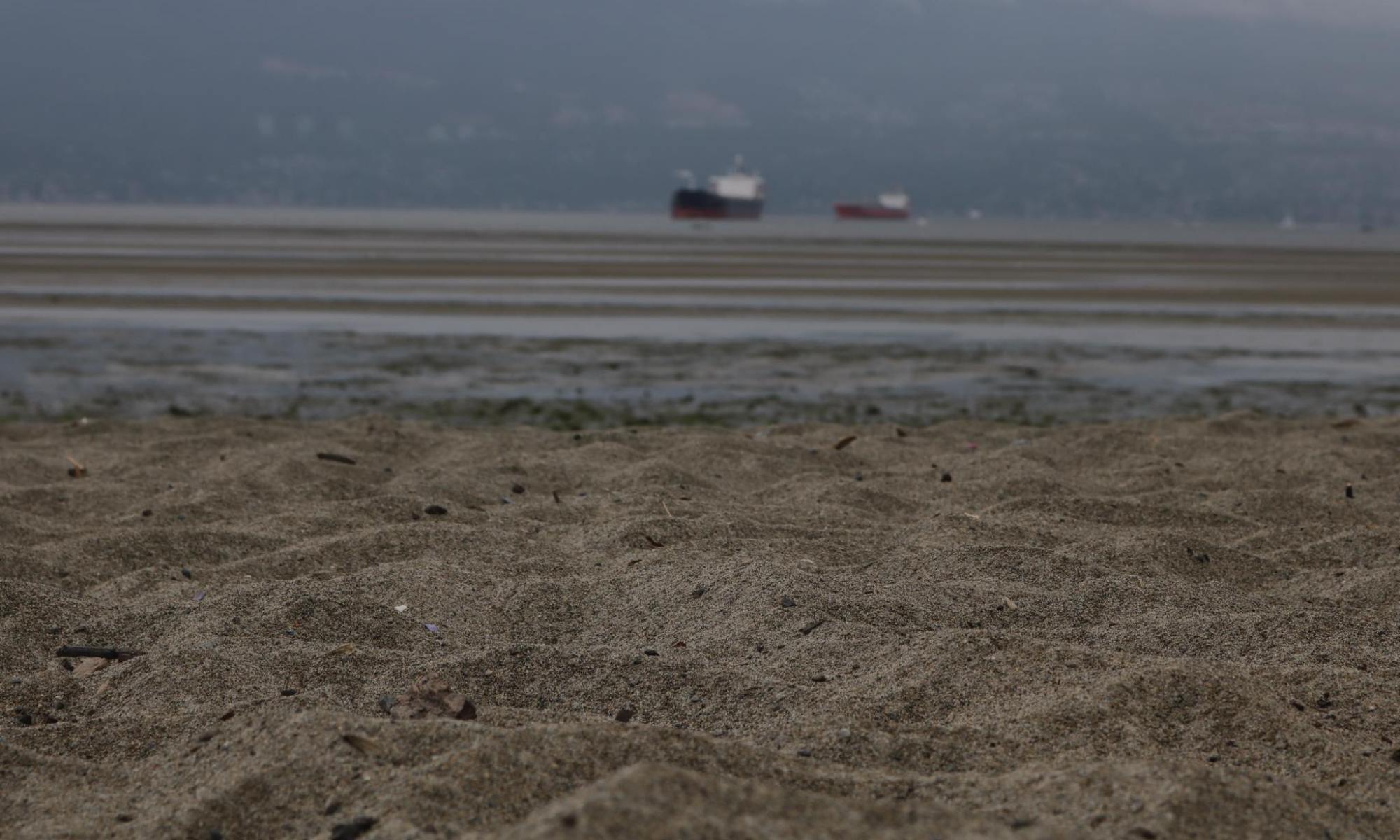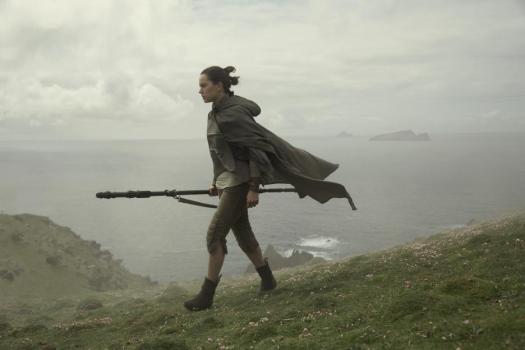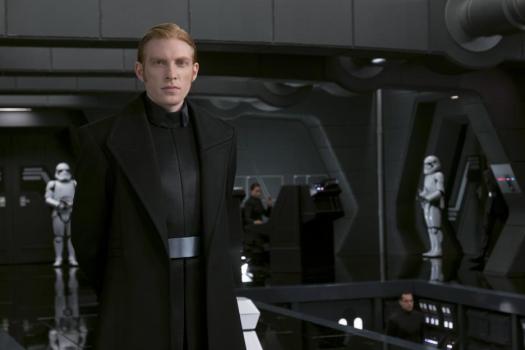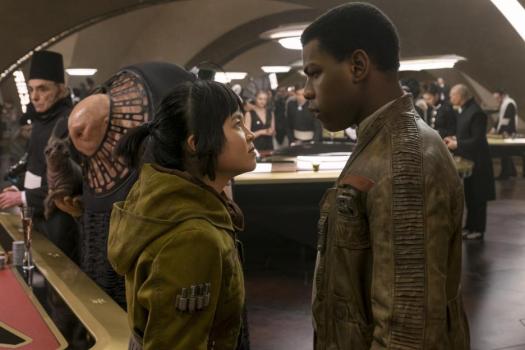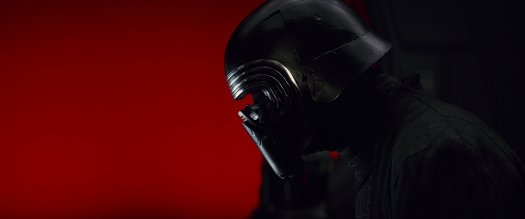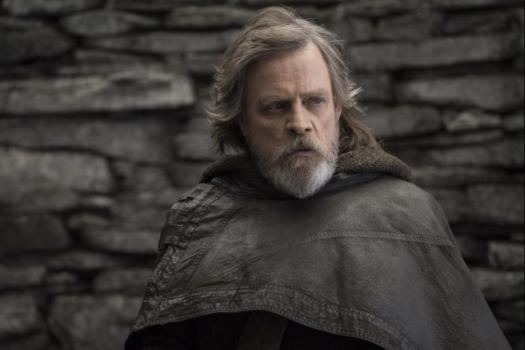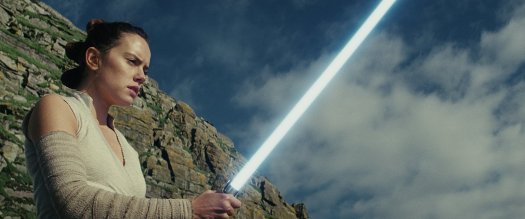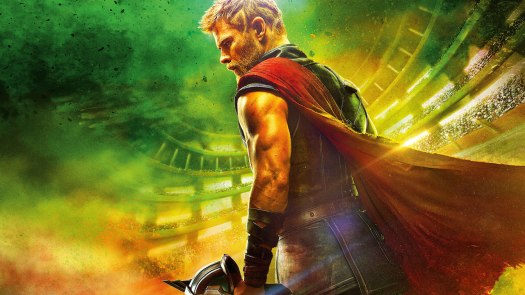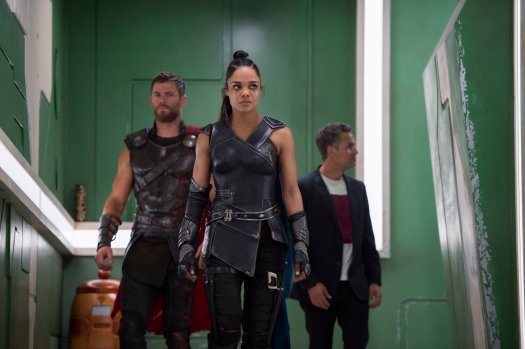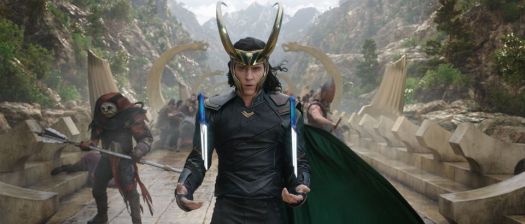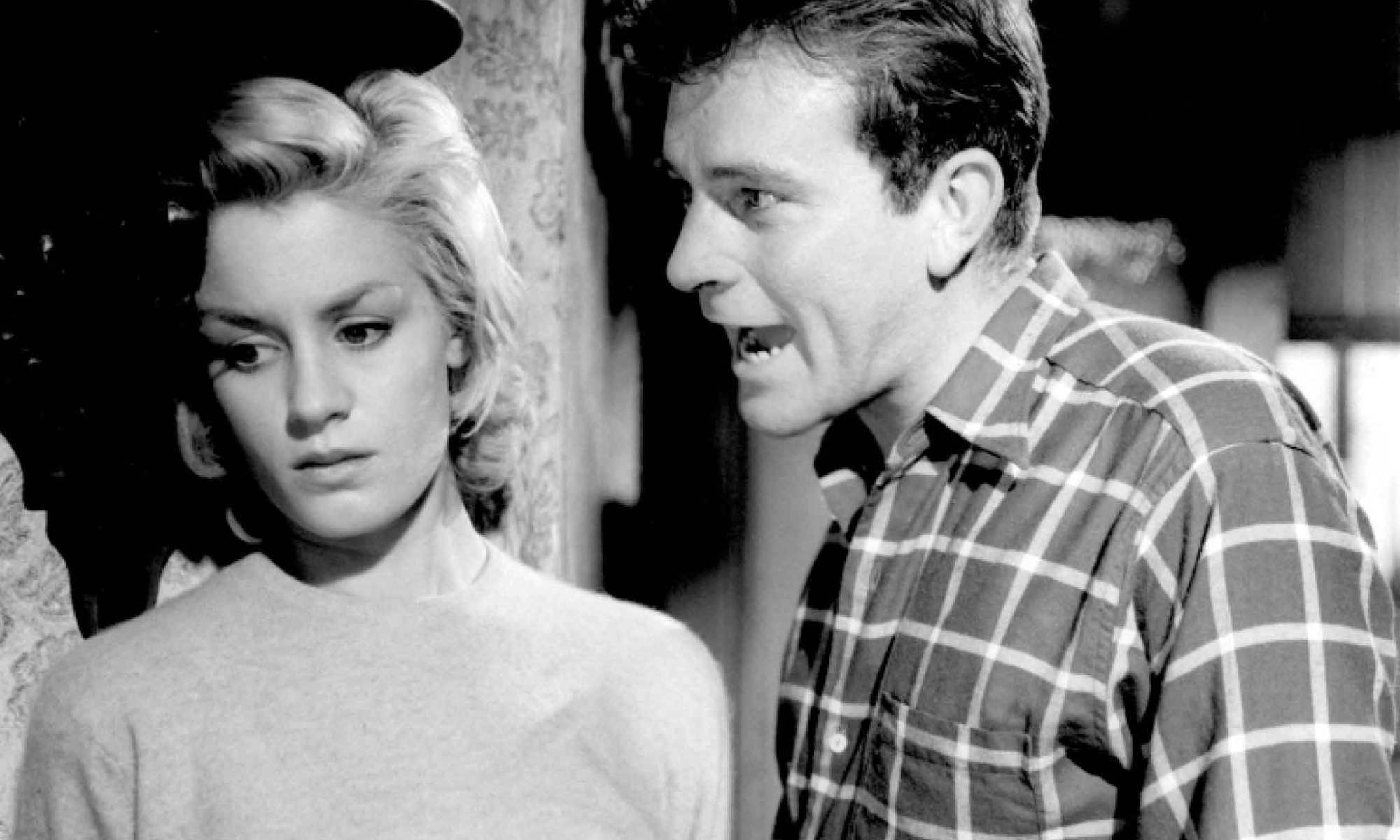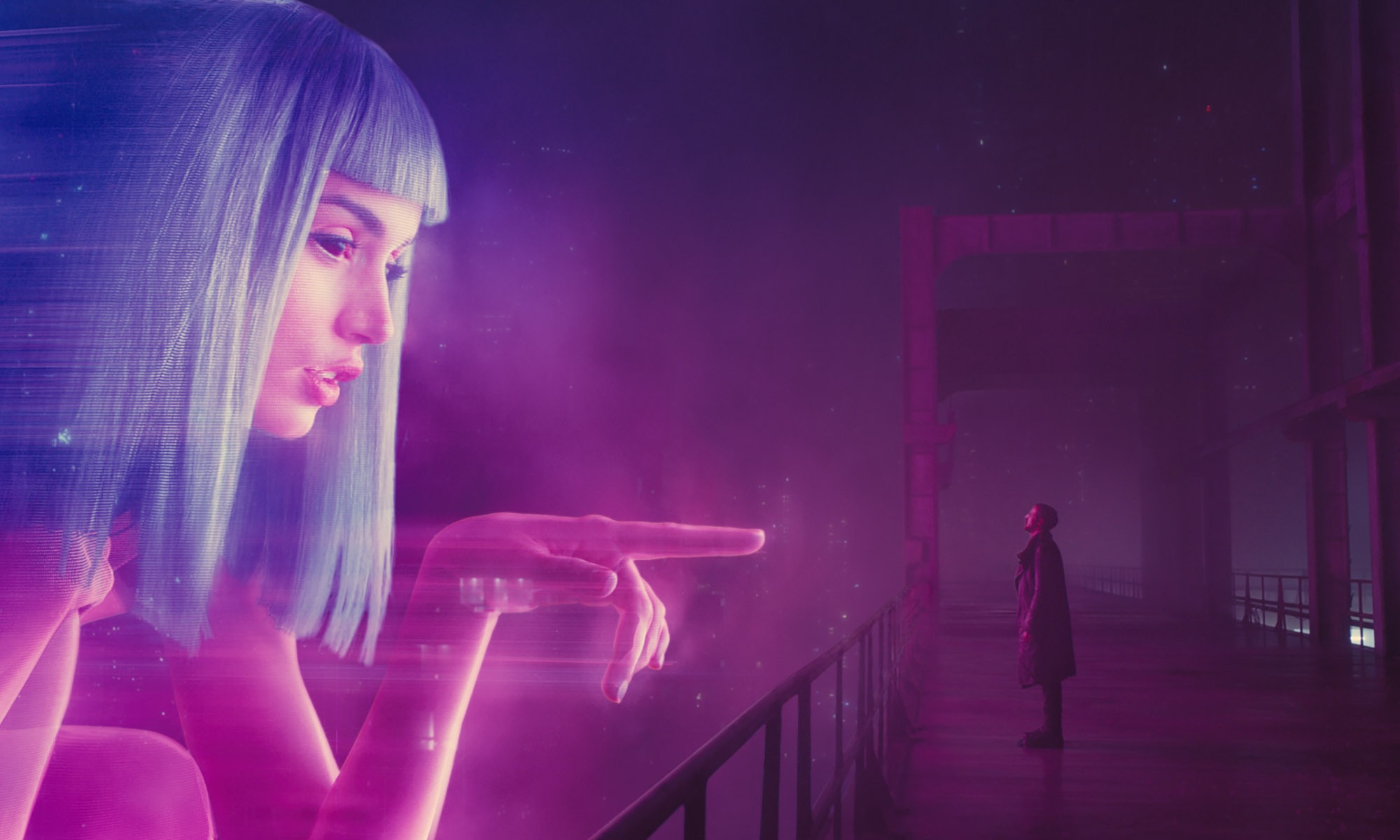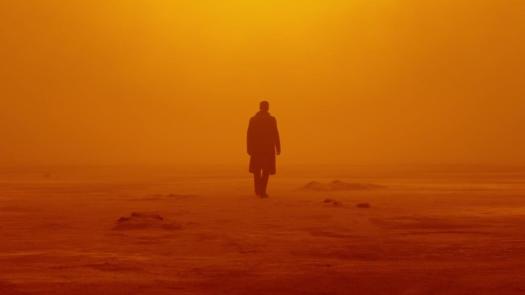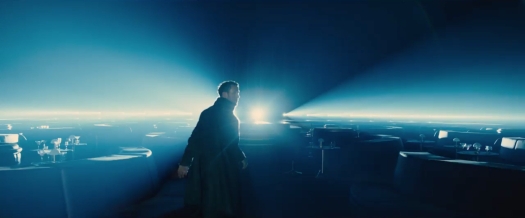As per my last post, I have kept my promise of having this ‘impressions roundup’ at the end of this month. I am aware that the title says otherwise, but I appreciate alliteration. 🙂
Anyways, welcome back! With this being my first year in university, I don’t think I should be surprised at the heap of literature that currently clutters my desk. The bi-daily posts earlier this month was likely an indicator to that, but you may be surprised to discover that my readings had actually slowed down following my look at Look Back in Anger and The Prisoner of Zenda. There is still much to get through, but I will promise that each piece I look at will not take up an enormous span of your time.
Here’s how this is going to work: as with the last few impressions, I will list some overall opinions on each piece, trying to give some positives and negatives as well. While virtually the same as my last several posts, this format will be briefer. I also will be covering the pieces from said posts, but do not worry. I hate to leave out suspense, but for your pleasure, I will give a list before I delve into the meat of this roundup. Matter of fact, here it is!
- Three Day Road by Joseph Boyden (novel)
- The Thirty-Nine Steps by John Buchan (novella)
- Blade Runner 2049 (film)
- Burmese Days by George Orwell (novel)
- The Prisoner of Zenda by Anthony Hope (novella)
- Look Back in Anger by John Osborne (play)
- The Birthday Party by Harold Pinter (play)
- Top Girls by Caryl Churchill (play)
- It Can’t Happen Here by Sinclair Lewis (novel)
Before I begin with this list, you can probably see the lopsided nature of its composition. There’s only one film here, and the backend of this list is heavy with plays. I should also add that there can and will be a variety of other pieces from different mediums; I just didn’t happen to play any new video games this month or watch any television either… Not that I even watch television.
Three Day Road by Joseph Boyden
Some context: I had to pick out a book for a novel study in my Canadian History class and this one had a premise that seemed interesting enough. It is a sniper story between two Indigenous brothers during WWI and Goodreads was giving me good vibes. (Pro-Tip: never gauge an opinion off of Goodreads. Beowulf is not bad because you forced yourself to read it in high school.)
Now, I should start off by saying that this novel is enthralling. It will make you uncomfortable at how raw and blunt its language is; it will make you see the ugly side of strained relationships and the downfall of character. I should make it clear that this novel did not feel biased on my reading, so the reasons for the above points are due to how strong this novel’s narrative is. The lack of fear in this novel’s writing is easily its strongest feature and one that made me stop reading momentarily in partial disgust. The main characters are also well-realized, each serving their role and not entirely reflecting the viewpoint the reader may find themselves in.
If you are looking for an academic read, Three Day Road is not a novel for you. Simply put, this novel is for the experience and excitement of reading. Its plot may also feel cyclical at times, but this is a minor gripe in comparison with the other storytelling elements that will grasp your attention instead. The first-person recollective narrative may also throw some off, but that comes down to preference in the end.
An article on Joseph Boyden by Historica Canada can be found here.
The Thirty-Nine Steps by John Buchan
The original impression post can be found here.
My opinion on The Thirty-Nine Steps has not changed much since my initial reading. The spy-thriller on the doorsteps of WWI is a story that will keep you entertained through its fast-paced plot. There is a sense of adventure in this novella, with much of it coming through its protagonist and the adverse situations he faces. There are curveballs thrown around every corner, which kept me reading until to the end.
However, the limiting factor of this novella is its status as a pioneer of the spy thriller genre. Depending on your exposure to it, this story may seem rather bare, becoming a slog to get through as a result. More importantly are the characters, which do not serve to amend this issue. They are not easily attachable, and character development is nonexistent. This may sever a reader’s connection, especially if one’s goal in reading is to be invested in a story.
An article on John Buchan by Historica Canada can be found here.
Blade Runner 2049
The original impression post can be found here.
What a phenomenal film. I know my post on it was complete gushing, but intellectual sci-fi is awesome. Blade Runner 2049 is for people who loved the original film for its look at humanity. It’s for those who want a sequel that respects the original film and builds off of it logically. This film is aesthetically pleasing, boasting hauntingly beautiful visuals and a moody score.
Some issues one may have with this film is its runtime. Three hours for a film that isn’t fast-paced could kill one’s enjoyment of this film, but expectation could be the other killer. This film is not action-driven, not even to the extent of the original film. This film also requires your attention, as it does not hold your hand through exposition. By and large, whether this film surpasses the original is all up to the viewer.
A website for the movie can be found here.
Burmese Days by George Orwell
The original impression post can be found here.
As this novel is based on Orwell’s experiences in the British Raj, Burmese Days can be called personal in its depiction of Imperial Burma. The smaller viewpoint of one man gives this novel a unique perspective and one that isn’t afraid to incite controversy with its reader. The protagonist grounds this novel in a degree of sympathy, yet makes it very despicable at the same time.
Criticisms may be leveled at this novel’s repetition in its theme and character exploration, but this may have been done intentionally. The lives of these British colonists are dull, and for some stretches, the novel shifts focus away from its [more] sympathetic protagonist to other characters, which can cause pacing to be uneven at times. Going in with the impression that this novel is another 1984 can also be detrimental to your enjoyment of it, but note that this novel does have quite a few parallels to Orwell’s later work that should be quite apparent.
A biography on George Orwell by the BBC can be found here.
The Prisoner of Zenda by Anthony Hope
The original impression post can be found here.
This Ruritanian romance of swashbuckling adventure and identity changes is an enjoyable and highly entertaining tale, just as it was when I initially read it. The Prisoner of Zenda is unique in that it feels like a fairy tale told as in an adult novella, with murder and politics involved in its plotline of high romantics. As with The Thirty-Nine Steps, this novella is a quick read, and its events take place at a quickened pace that will be likely to keep you interested to the end.
However, in another vein that is similar to The Thirty-Nine Steps, this novella is a pioneer for the Ruritanian romance genre. If you have read plenty of novel’s with high romance with identity changes and royalty, this novella may appear as a drag. This is not helped in part by the frontloaded plot here, where exposition establishes characters and setting before letting them loose for your reading pleasures. To add to that, the characters present are fleshed out, but not much is in the way of drama or development, despite the implications that these characters grow and bond through the various situations contained in this novella’s pages.
As much as I would love to provide a link to a more ‘official’ website, there isn’t much in the way of Hope. Instead, a biography on Anthony Hope by Encyclopædia Britannica can be found here.
Look Back in Anger by John Osborne
The original impression post can be found here.
If investigating social issues during the twentieth century (that are still relevant today) is your forte, Look Back in Anger is a play that will intrigue you. It is intentionally provocative, calling feminism, nostalgia, and education into question in the post-WWII era in Britain. This play defied British theatre in its realism, showing characters who are not romanticized and characters who are all flawed.
If you like plays for wit or escapism, Look Back in Anger may not be what you’re looking for. You will see the aforementioned social issues on center-stage, and they will make you uncomfortable and may even give off a sense of deep controversy and anger. Whether or not the play will do this or even fascinate you is entirely dependant on why you read or watch plays, so keep that in mind if you decide to explore the issues that theatre can brilliantly present.
As much as I would love to provide a link to a more ‘official’ website, there isn’t much in the way of Osborne. Instead, a biography on John Osborne by Encyclopædia Britannica can be found here.
The Birthday Party by Harold Pinter
If Look Back in Anger sounds deadpan on its themes, it may be reassuring to know that The Birthday Party is instead more about the experience of theatre rather than the issues it brings up. This play is not violent or grotesque in a sense, but it is terrifying. Important character motivations and backstories are hidden behind subtle hints and potentially fabricated truths, making this play a story that leads itself into unexpected turns. Pinter’s story is rather straightforward at the same time, with fewer characters giving a more surreal and claustrophobic atmosphere.
If I am to be as honest as possible, I can say that this play did not leave as large of an impact as I thought it would have. I am sure I have missed something, but its themes of truth, nostalgia, and sex are very relevant to its pages, but not on a larger scale that adresses society as Look Back in Anger had done. This play may also confuse you if you like your stories to be more concrete, but there is enough implied to potentially fill in the blanks.
Harold Pinter’s website can be found here.
Top Girls by Caryl Churchill
Yet another play, Top Girls is one that I think one will either love or put down. This play explores feminism in a uniquely unique way (yes; uniquely unique), with its first acts being one of the most cohesive ways to explore the history of women [while also intentionally breaking immersion]. I will not spoil it here but know that so much is compared and contrasted in terms of history, and its beautifully done. The play is also no stranger to being provocative, giving off an almost eerie and surreal vibe in its second and third act as characters leave darker implications that do not sugarcoat feminism. This is done with themes of maturity, hate, and possible murder giving this play a flavour of discomfort that goes beyond the surface level.
If you like your stories to not surprise you in ways that will make you uncomfortable, I do not recommend reading this play. I can now see why high school teachers only teach Shakespeare, as this play is beautiful and haunting at the same time. It is certainly heavier than Look Back in Anger, even daring to excessively swear and disturb you with grotesque imagery. If you also like stories to wrap up nicely at the end, Top Girls is rather open-ended in both plot and in answering the questions it poses on feminism. This is due to the plot not being told in a linear fashion, which may end up disappointing you.
I should say that this play is one I really liked, and out of all three plays above, I would reccomend reading this one above all. It is facinating, and not very long either.
Caryl Churchill can be found on the British Council’s Literature website here.
It Can’t Happen Here by Sinclair Lewis
Hey, a dystopian novel!
It Can’t Happen Here is a novel that aims to address its own title. The idea of fascism in the United States during the Great Depression: certainly, it can’t happen here? I will not go into that topic, but the regime this novel presents is very clearly and vividly realized. If you were ever curious to how an American-specific regime would function and affect its citizens, this novel does not disappoint. All the technicalities are accounted for, making the dystopian part of this novel work brilliantly and even being contemporary in some manners.
I know this novel is liked by many and spiked in sales recently, but I do have one gripe with it: I found it dull. The novel’s ultimate falling is its narrative, with characters that muddle together, and an everyman protagonist that serves his purpose and nothing more. The plot is also filled with rugged pacing that is very slow to begin with, and is uneven by the end. The lack of a dramatic arc made it hard to be invested in this novel, although this improves in its second half as the brutality of the government becomes more apparent and fully realized. The writing is also dry, making this novel feel more technical than it should be with the exception of a few odd chapters, that almost make this novel feel very inconsistent, but not quite so.
An article on Sinclair Lewis by the website of the Nobel Prize can be found here.
***
I hope you enjoyed this post, and I hope I did not anger any of you if I expressed too much negativity at any one piece. There was a lot to cover for this month, but I can guarantee that the next one will be a little lighter. If you have not heard of many of these pieces, I recommend experimenting with them. I had no idea I would enjoy a play on feminism as much as I did, or that I would find an American dystopian novel to be dull.
If I am to give an update on how my university experience is going so far, I will say that it is going steadily so far. In particular, I am enjoying my International Studies class, where we look at the world through the scope of geography, history, anthropology/culture, economics, and political science. I am very much looking forward to learning and reading much more, and I will be sure to make another life post like the one I did about my experience in the Air Cadet program on my entire first year when that comes around.
As always, keep reading, watching, and playing! You never know what you’ll like, and experience isn’t to be spent on a rail. 🙂

